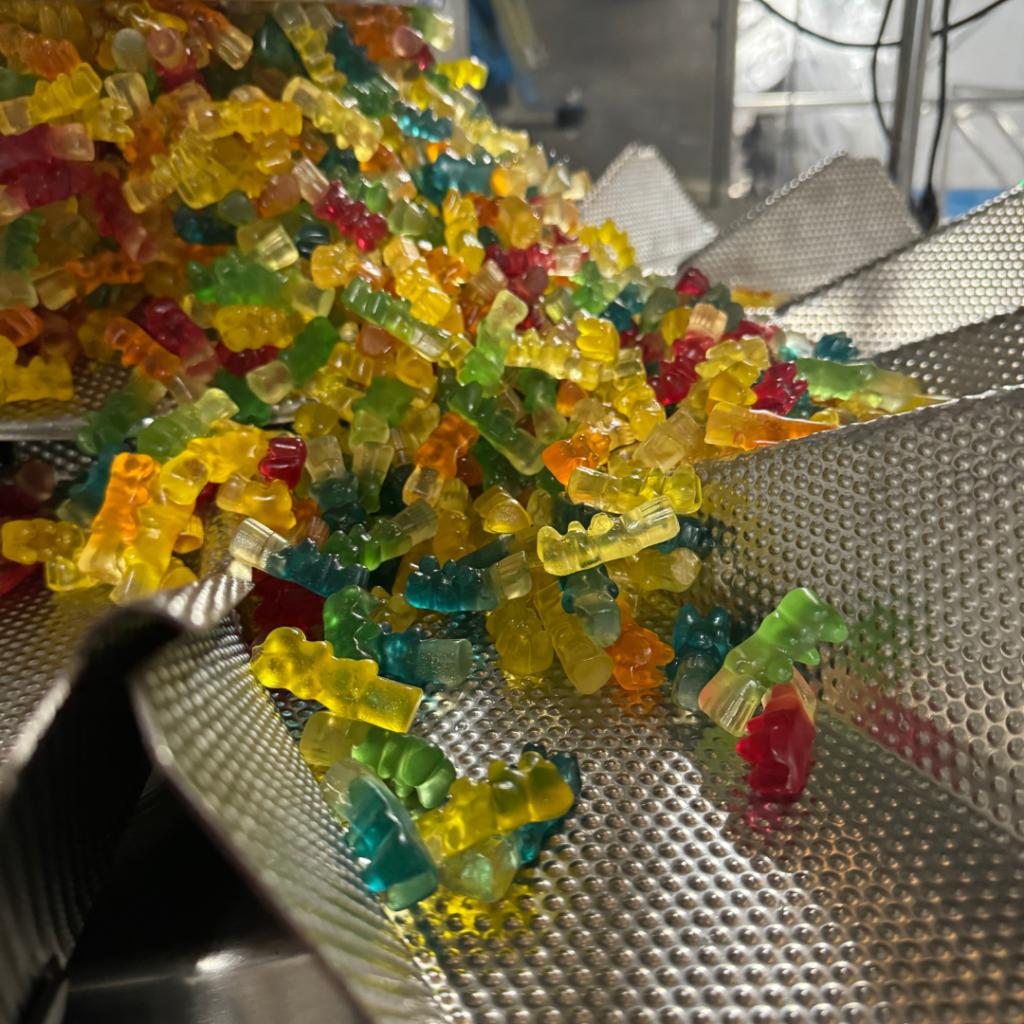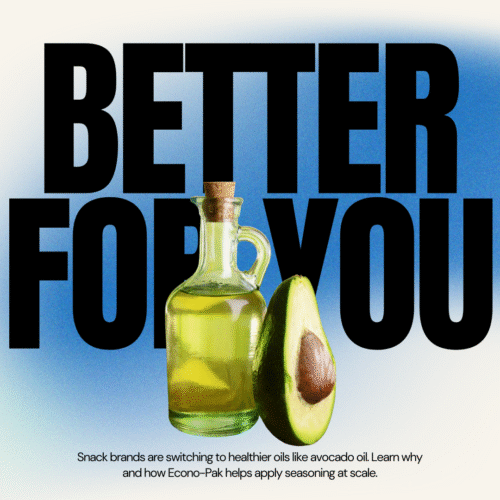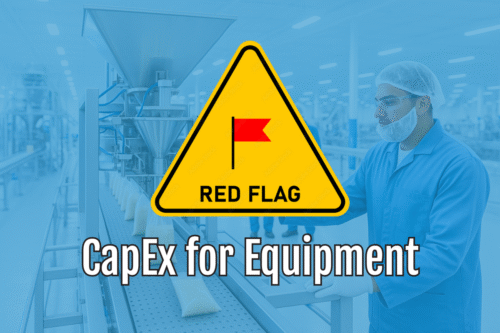Co-Packing for Organic and Non-GMO Food Products
Co-packing plays a pivotal role in the food industry, especially for brands focused on organic and non-GMO products. According to the Organic Trade Association, sales of organic food in the U.S. grew by 12.4% in 2020, reaching a record $62 billion, while demand for non-GMO products continues to rise as consumers prioritize transparency and health (Organic Trade Association, 2021).

As the demand for natural, clean-label food continues to grow, finding the right organic co-packer or non-GMO co-packer becomes essential for maintaining quality and compliance while scaling operations. This article explores the importance of organic co-packing and non-GMO co-packing, key considerations when choosing a partner, and the benefits of outsourcing production.
What is Co-Packing?
Co-packing, or contract packaging, involves outsourcing the production and packaging of products to a specialized third party. For organic and non-GMO food brands, co-packing ensures consistent quality and compliance with stringent certification standards.
Organic Co-Packing Defined
Organic co-packing refers to the process of manufacturing and packaging food products in facilities that are certified organic. This means adhering to USDA organic standards, avoiding synthetic chemicals, and ensuring environmentally sustainable practices.
Non-GMO Co-Packing Explained
Non-GMO co-packing involves producing food items that are free from genetically modified organisms (GMOs). Co-packers must source non-GMO ingredients and adhere to certification guidelines, such as those set by the Non-GMO Project.
Benefits of Organic and Non-GMO Co-Packing
Outsourcing production to a certified organic co-packer or non-GMO co-packer offers several advantages for food brands:
1. Access to Expertise and Compliance
Certified co-packers are well-versed in organic and non-GMO standards, ensuring compliance with regulations and certifications.
2. Cost Efficiency
Partnering with a co-packer eliminates the need for brands to invest in expensive equipment, facilities, and staff. Additionally, the cost of maintaining certifications, such as USDA Organic or Non-GMO Project Verified, is managed by the co-packer, further reducing financial burdens for brands.
3. Scalability
As demand for organic and non-GMO products increases, co-packers help businesses scale without compromising quality.
4. Quality Assurance
Experienced co-packers implement rigorous quality control measures to maintain the integrity of organic and non-GMO products. For instance, Econo-Pak is SQF Level 3 certified, ensuring the highest standards in food safety and quality.
Key Considerations When Choosing a Co-Packer
Selecting the right organic co-packer or non-GMO co-packer is critical for brand success. Here are key factors to evaluate:
1. Certification
Ensure the co-packer holds relevant certifications, such as USDA Organic and Non-GMO Project Verified.
2. Experience
Look for co-packers with a proven track record in organic and non-GMO food production.
3. Facility Capabilities
Verify that the facility meets your production and packaging needs while adhering to organic and non-GMO guidelines.
4. Transparency
Choose a partner who is transparent about ingredient sourcing, processes, and compliance standards.
The Process of Organic and Non-GMO Co-Packing
The process of organic and non-GMO co-packing begins with ingredient sourcing. Co-packers source certified organic or non-GMO ingredients, maintaining transparency across the supply chain. Manufacturing takes place in certified facilities adhering to strict organic and non-GMO standards. Packaging follows, often utilizing eco-friendly materials to align with sustainable practices. Finally, extensive quality control measures ensure compliance with certifications and brand standards, maintaining the integrity of the finished product.
Challenges in Organic and Non-GMO Co-Packing
Despite its advantages, co-packing for organic and non-GMO products comes with challenges. Certification costs, such as those for USDA Organic or Non-GMO Project Verified, can be significant, impacting overall expenses. Additionally, sourcing certified ingredients poses a challenge due to market fluctuations and limited availability. Lastly, finding co-packers with the necessary certifications and expertise can be competitive, making the selection process critical for success.
Why Co-Packing is a Strategic Advantage
Organic and non-GMO co-packing is a strategic choice for food brands looking to scale while maintaining quality and compliance. By partnering with certified co-packers, businesses can meet the growing demand for natural, sustainable products without the logistical burden of in-house production.
FAQs
1. What certifications should an organic co-packer have?
An organic co-packer should hold USDA Organic certification and comply with the National Organic Program (NOP) standards.
2. How do I verify a co-packer’s non-GMO credentials?
Look for Non-GMO Project Verified certification and request documentation of compliance.
3. Can a co-packer handle both organic and non-GMO products?
Yes, many co-packers specialize in both organic and non-GMO production, but it’s essential to verify their certifications.
4. What are the cost implications of using a co-packer?
Costs vary based on production volume, certifications, and the complexity of your product. Co-packing is generally more cost-effective than in-house production.
5. How do I find the right co-packer for my brand?
Research certified co-packers, review their experience, visit their facilities, and ensure they align with your brand’s values and goals.
Let's start scaling.
Is your demand outpacing your ability to package your own product? Then consider outsourcing with Econo-Pak.
With over 40 years of experience working with both small brands and Fortune 500 companies, we are capable of handling your specific dry food product.
Get in touch with our team for a fixed-price quote for your project.





Comments are closed